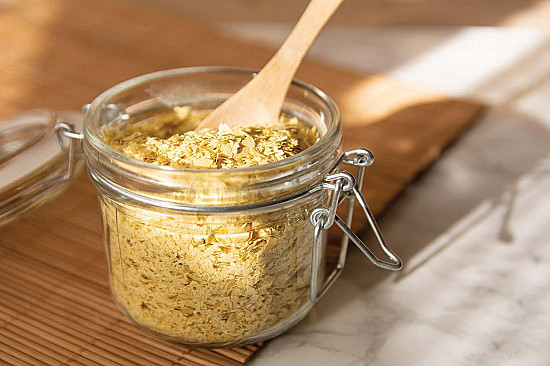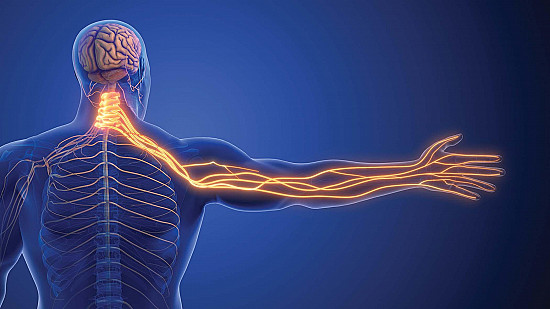
New thinking about plaque in arteries that feed the brain

Want to prevent shifting teeth? Maybe you need retainers

What you need to know about the new dietary guidelines

Food that’s healthier for people and planet can be cheaper, too

New evidence that polyphenol-rich foods help the heart

8 simple ways to reduce ultra-processed foods in your diet

How to curb your stress eating

How to spot Parkinson’s disease symptoms

Heart failure symptoms in women: How they’re different

GERD diet: Foods to avoid to reduce acid reflux
Alternative remedies
Many pharmacies and health food stores sell herbal and homeopathic remedies over the counter. Although these substances are often grouped under the label "natural remedies," herbals and homeopathics are very different.
Herbal supplements are made from plants and may contain active ingredients — substances that are biologically active and affect the body. Homeopathic remedies are highly diluted substances that often have no active ingredient. These products are immensely popular, legal, and in some cases may have value, but they have not been proven to be effective.
Neither herbal nor homeopathic remedies are carefully regulated by the federal government in the same way that pharmaceutical medications are regulated. Instead, they are classified as dietary supplements, and so can make broader claims on their labels and package inserts with little or no solid proof. That means it's important to be cautious about natural products or nutritional supplements that claim to increase mental performance, slow aging, improve alertness, prevent cancer, or cure disease.
Most alternative medicines are not harmful. However, if they are used instead of conventional therapies to treat serious diseases, they can cause you to lose precious time that would be better spent fighting a disease with scientifically proven methods and drugs. Some herbals can be dangerously toxic if taken in high doses. They can also interact in harmful ways with medications.
If you take herbal or homeopathic remedies, use the same caution that you would with any medicine. Also, tell your doctor that you are using an alternative remedy.
Disclaimer:
As a service to our readers, Harvard Health Publishing provides access to our library of archived content. Please note the date of last review or update on all articles.
No content on this site, regardless of date, should ever be used as a substitute for direct medical advice from your doctor or other qualified clinician.

New thinking about plaque in arteries that feed the brain

Want to prevent shifting teeth? Maybe you need retainers

What you need to know about the new dietary guidelines

Food that’s healthier for people and planet can be cheaper, too

New evidence that polyphenol-rich foods help the heart

8 simple ways to reduce ultra-processed foods in your diet

How to curb your stress eating

How to spot Parkinson’s disease symptoms

Heart failure symptoms in women: How they’re different

GERD diet: Foods to avoid to reduce acid reflux
Free Healthbeat Signup
Get the latest in health news delivered to your inbox!
Sign Up




